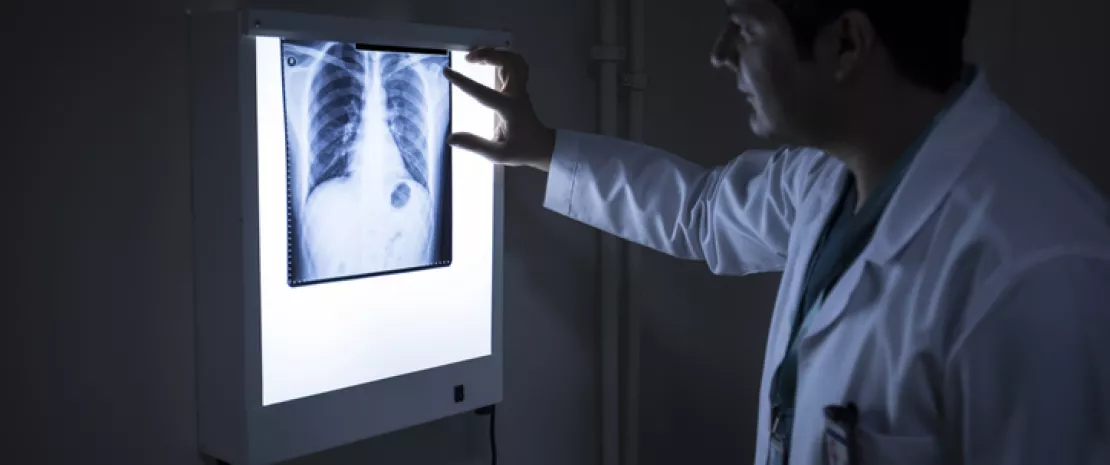Oral microbiota, a risk factor for lung cancer?
A first prospective study conducted in never-smokers suggests a link between diversity in oral microbiota and the risk of developing lung cancer. This new insight remains to be confirmed.
Sources
This article is based on scientific information

About this article
Lung cancer is the leading cause of death by cancer worldwide. While active tobacco use is the main risk factor, 25% of cases occur in non-smokers, a high percentage not fully explained by the major risks identified (passive smoking, pollution, family history, etc.). In addition to the gut microbiota, which is involved in the development of certain gastrointestinal cancers, other microbial ecosystems have also been associated with cancer risk. In this study, the authors investigated whether the oral microbiota’s composition and its ability to colonize the respiratory tract are involved in the development of lung cancer.
Depleted microbiota, increased risk
Their prospective study involved the long-term follow-up of more than 136,000 never-smoker Shanghai residents (61,500 men, 75,000 women), with follow-up visits every 2-3 years. A saliva sample taken at the outset was analyzed in all subjects reporting lung cancer and in an identical number of controls, matched for sex, age, date and time of sample collection, previous antibiotic treatment, etc. Metagenomic shotgun sequencing was then used to compare the 114 subjects diagnosed with lung cancer with the same number of controls. This analysis found a greater risk of developing lung cancer where the oral microbiota lacks bacterial diversity.
Greater abundance of Firmicutes is harmful
The inherent composition of the oral microbiome also appears to play a major role. Among the population studied, an increase in the relative abundance of Spirochaetes and/or Bacteroidetes was associated with a lower risk of lung cancer. Conversely, a greater abundance of bacteria belonging to the Firmicutes phylum, particularly Lactobacillales, was associated with an increased risk of lung cancer. The authors point out that these results coincide with those of previous studies showing a link between Firmicutes and certain respiratory diseases (chronic obstructive pulmonary disease or COPD, squamous cell carcinoma of the head and neck, and lung cancer).
ENT microbiota: further research required to clarify its field of action
This large-scale characterization of the oral microbiota sheds new light on the causes of lung cancer in non-smokers. The geographical homogeneity of the study reinforces the relevance of its findings but limits their scope. Further work on different populations and in different locations would help clarify the role of the ENT microbiota in the development of lung cancer and other respiratory diseases.



